Earth Science
6 results
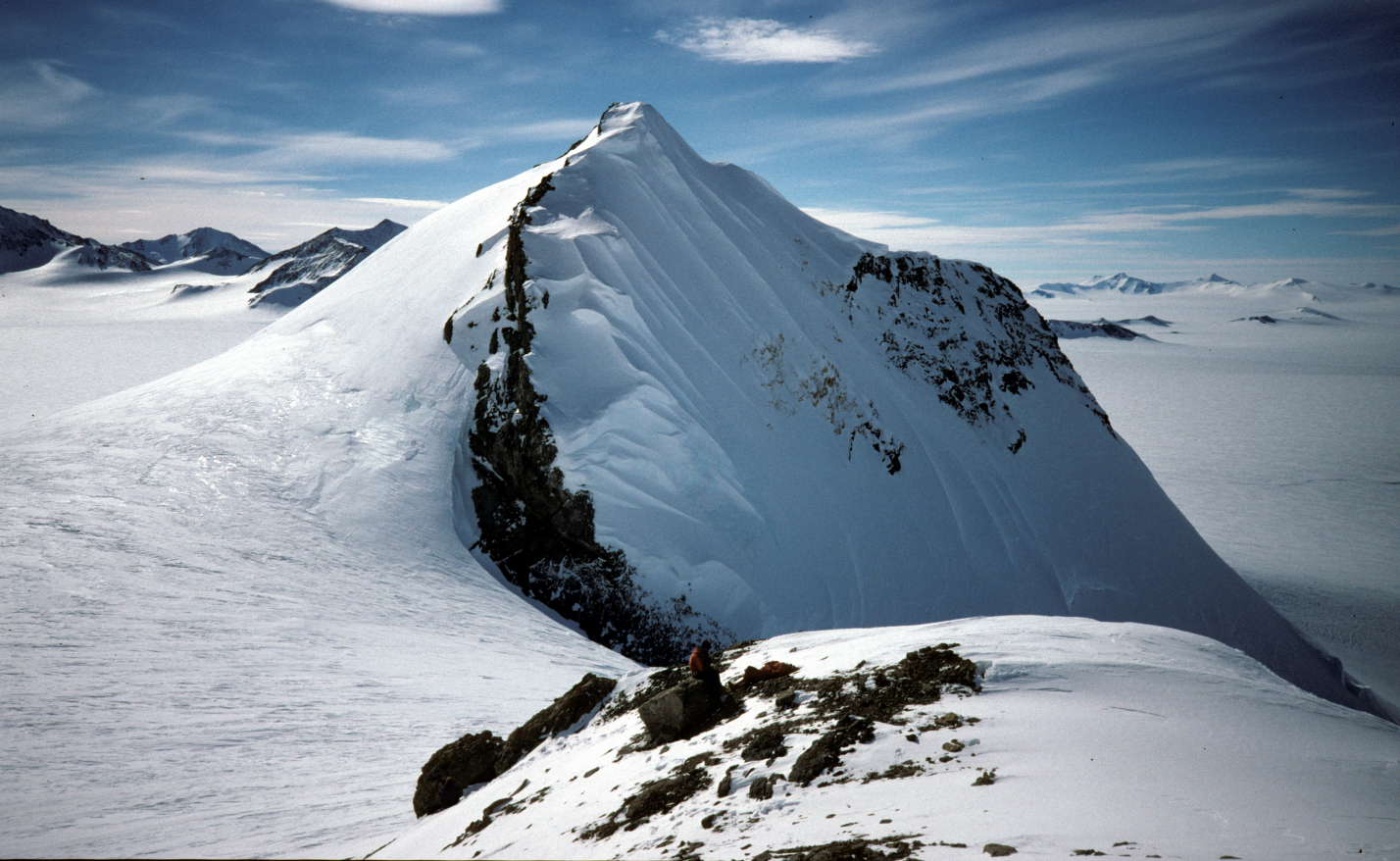
We might think that exploring Antarctica, one of the most inhospitable regions of the world, is something that has no relevance to us or future generations. According to Martin Siegert, we couldn’t be more wrong.
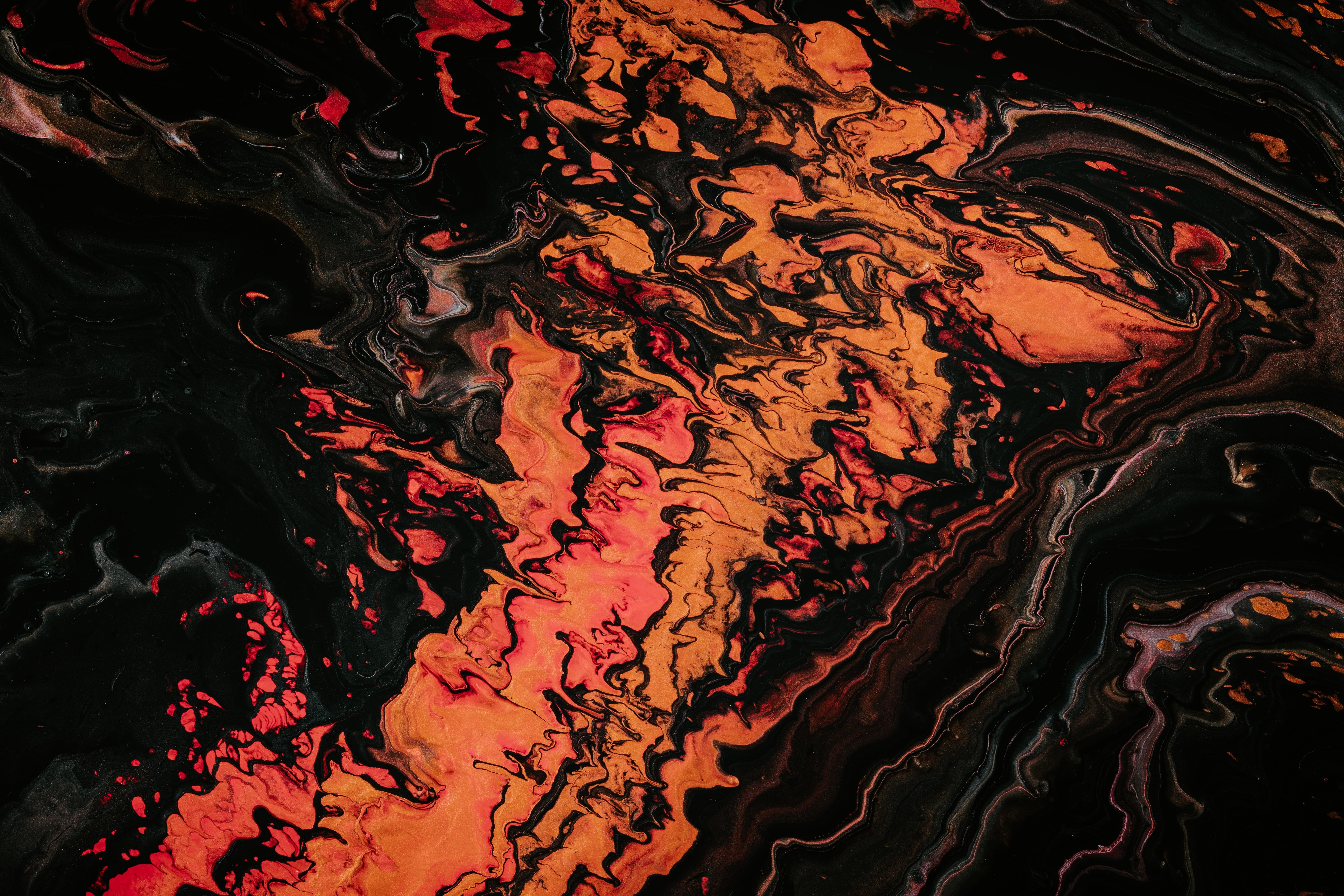
This article takes you beneath the surface of the world you know, and introduces you to Lidunka Vocadlo's (literally) groundbreaking research on the core of the Earth.
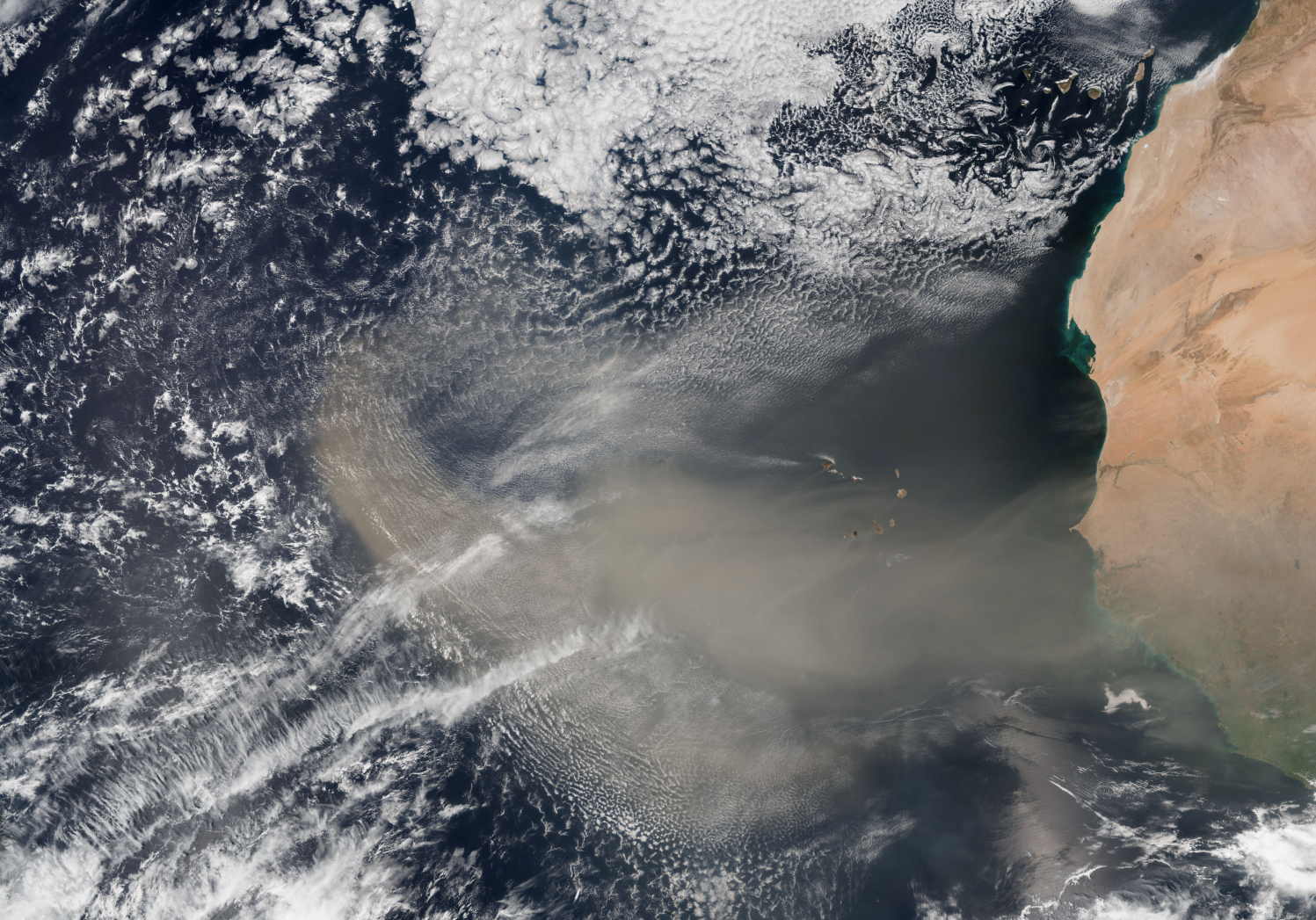
Dust in the air is nothing new. But for the Amazon rainforest, dust from the Sahara is crucial for its survival. How does this happen though? Ian Ashpole explains the phenomenon.
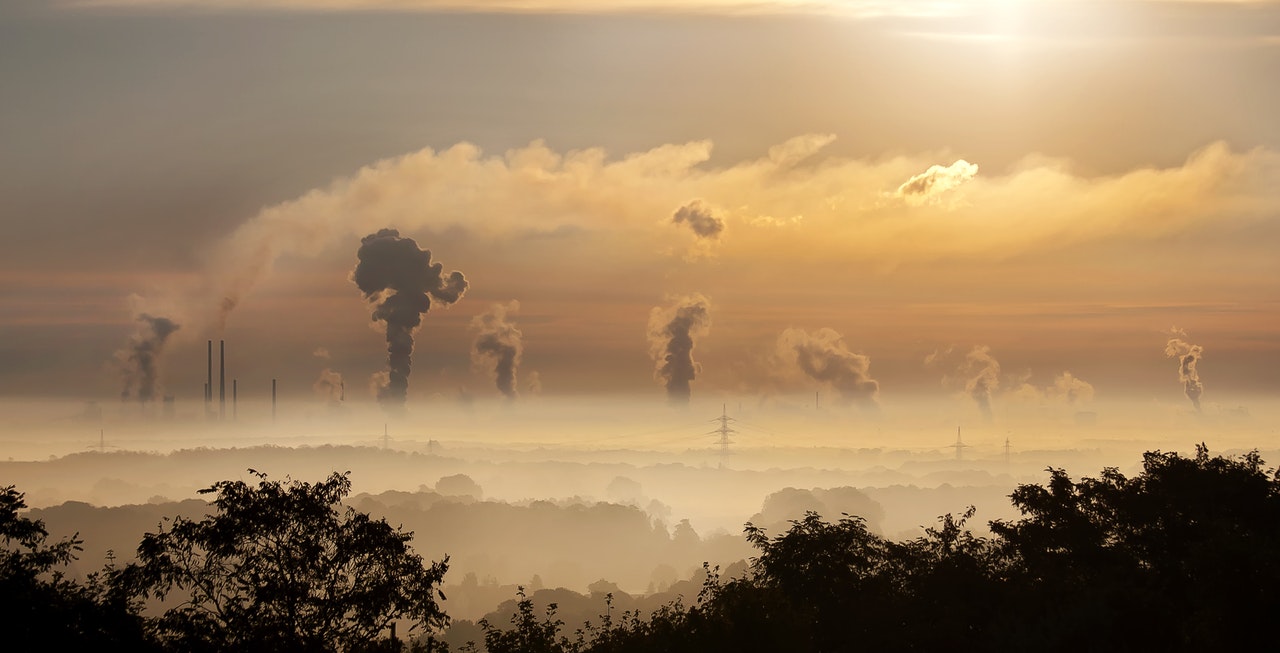
Humans have increased the amount of CO2 in our atmosphere; that is clear. This CO2 is the main cause of global warming, but what is less widely acknowledged are the many ways that CO2 affects our planet. Imperial College physicist Heather Graven tells ...
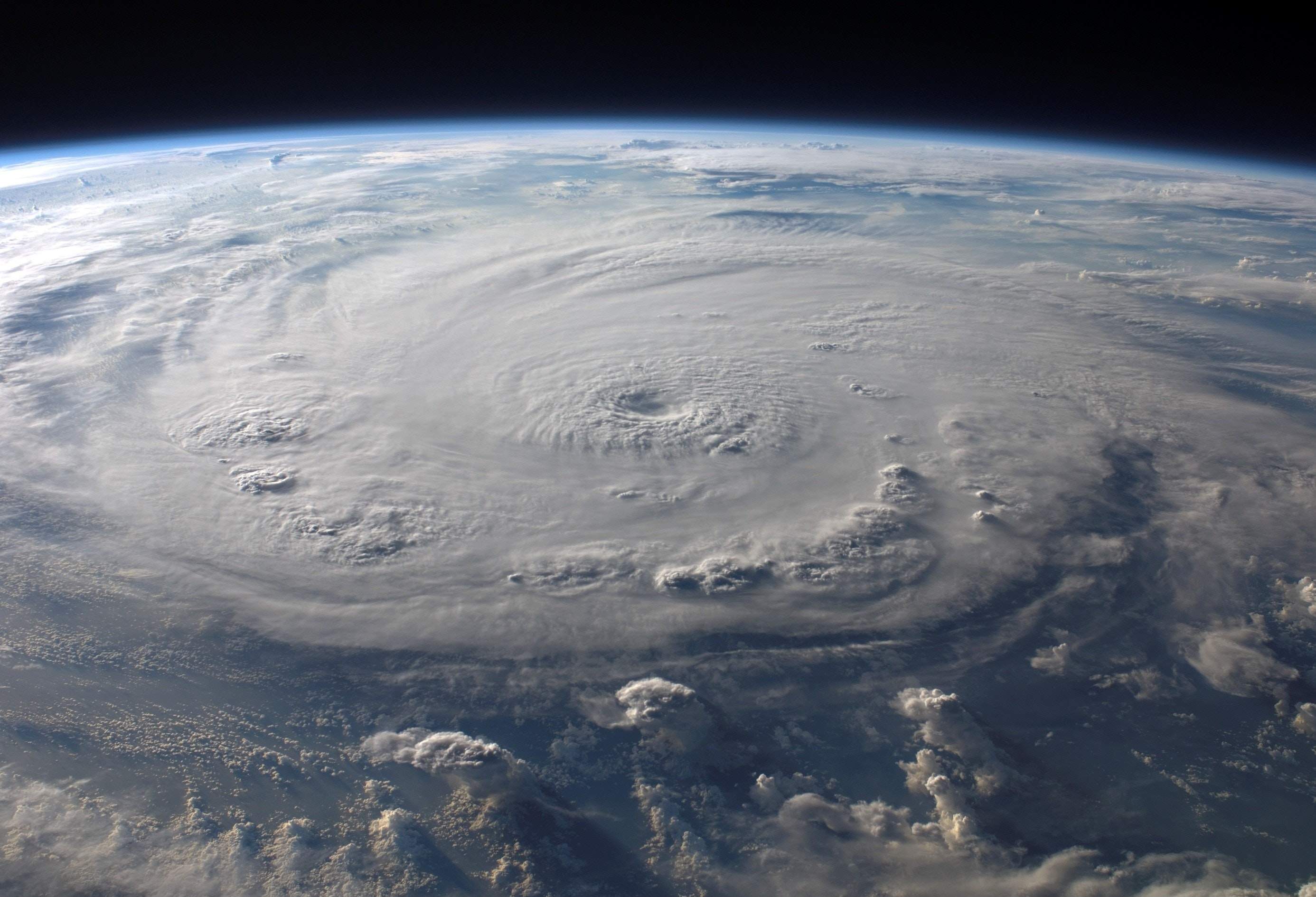
When the Earth’s atmosphere is directly linked to the Sun, what happens to our climate when the Sun changes its behaviour and how do we measure it? Atmospheric physicist Joanna Haigh explains how physics allows us to search for the ...
by Philip Pogge von Strandmann
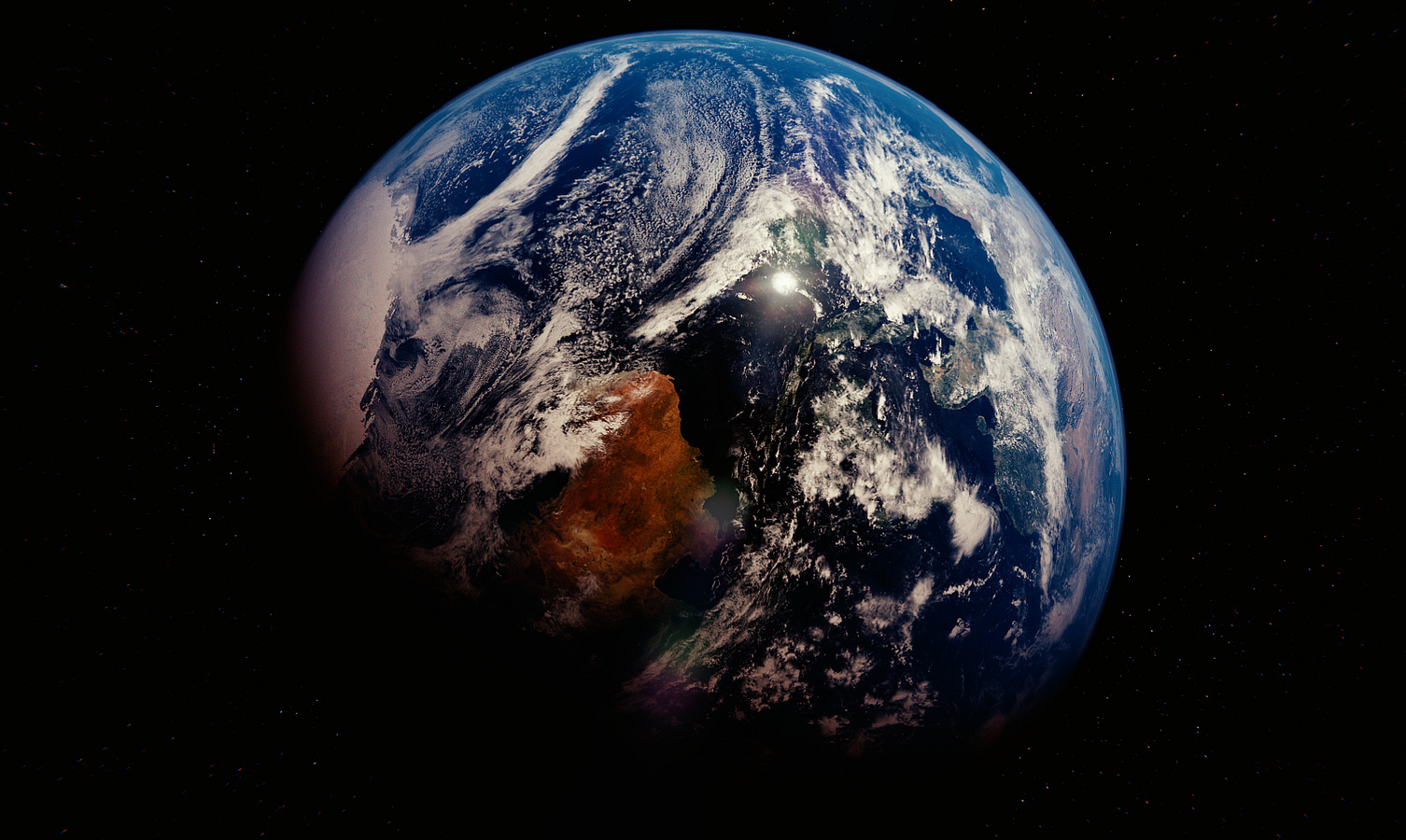
The Earth is over 4 billion years old, but land animals have only existed on our planet for the past 500 million years. Why didn’t animal life on land emerge sooner? And why did it emerge at all? The Earth ...